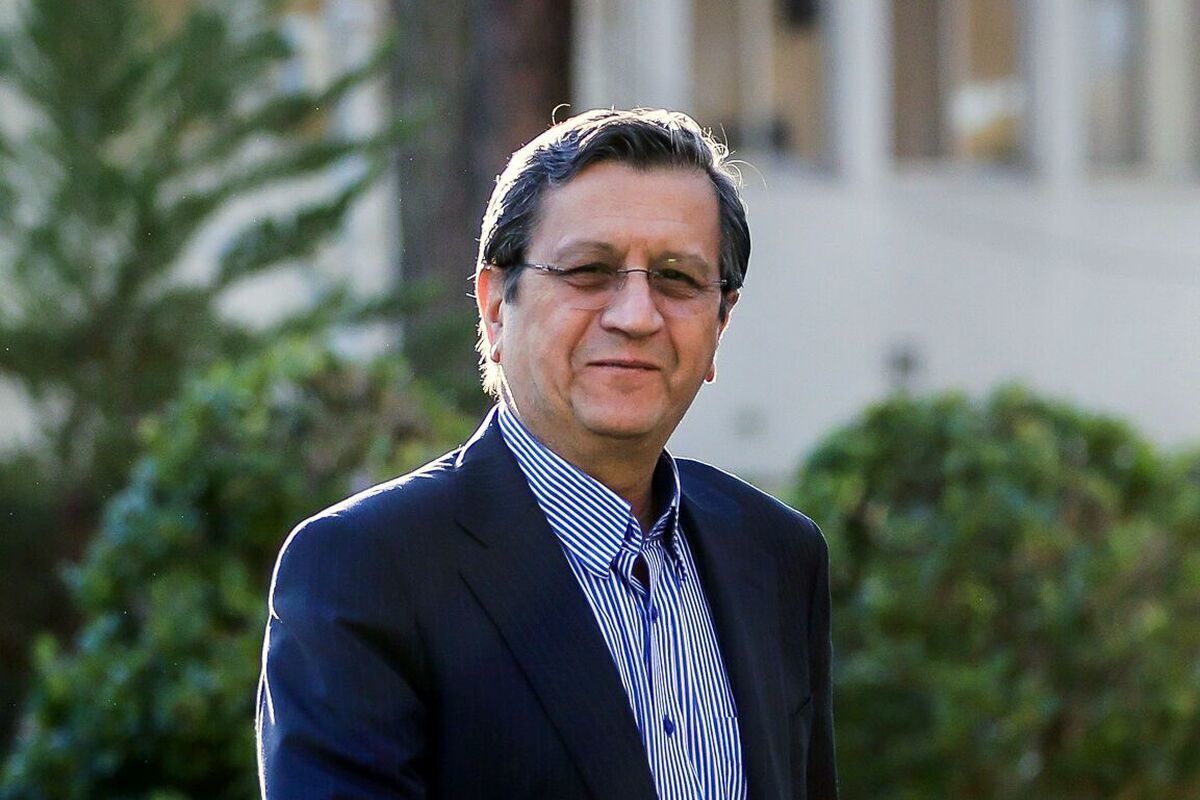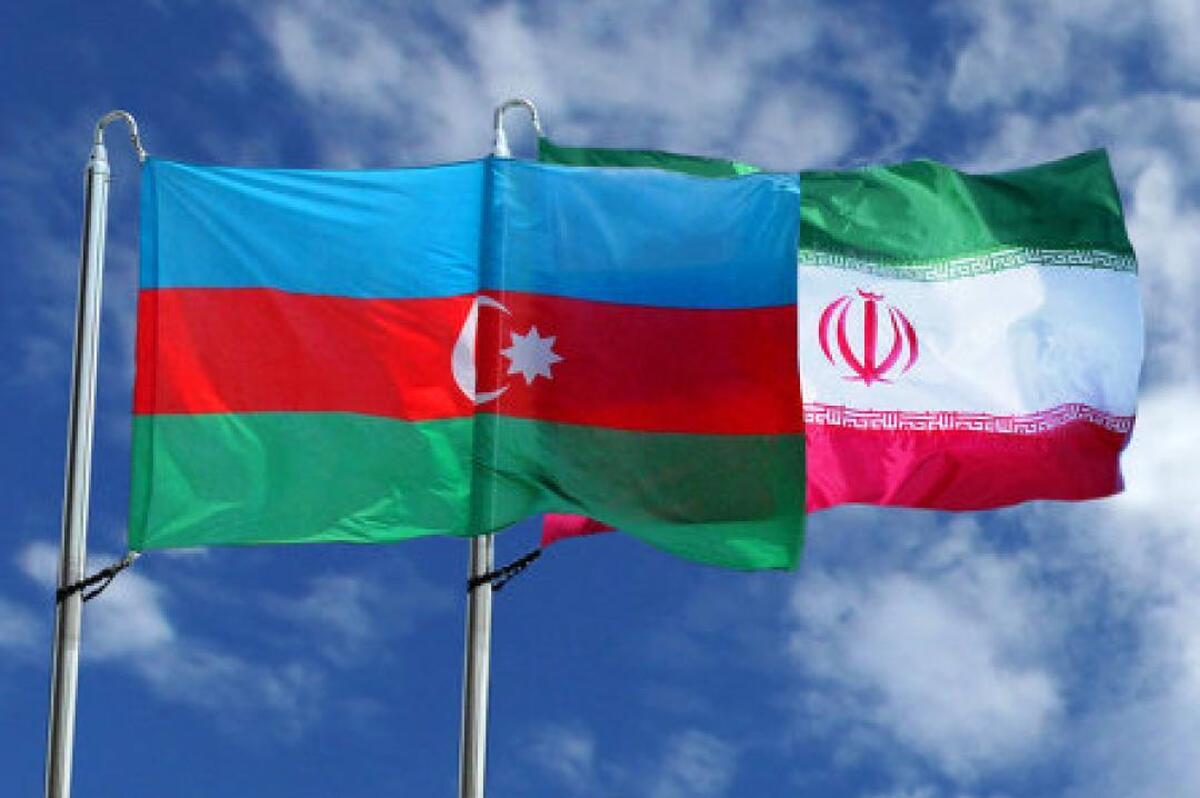
CBI Innovating to Boost Banking Transparency
EghtesadOnline: The Central Bank of Iran's department for innovative technologies is working on projects aimed at improving transparency of the banking industry.
Most projects are in collaboration with its supervision department, Mehran Mahramian, the CBI deputy for innovative technologies, said in a talk with EcoIran Web TV, the Financial Tribune's sister media outlet.
Mahramian said several schemes are a priority. "Projects tied closely to transparency and to help foster the economy are of greater importance."
He said the innovative technologies department is also working on projects of other departments of the bank. “We provide technological support for these projects.”
Referring to the role and significance of innovation in the key banking sector, he said, "our department is currently operating 180 platforms. Some are used by the public and some are used in the central bank."
The senior official said some of the platforms are already running and help boost CBI regulatory oversight in implementing anti-money laundering measures, such as caps on daily transactions of banks.
Plans to launch the e-wallet and new platforms designed for issuing electronic checks are part and parcel of CBI efforts to improve and augment transparency.
He referred to NAHAB as a key CBI project. The platform generates a unique code for Iranians, entities and foreigners residing in the country. The special code will be used to ease the identification of bank customers.
As per a new measure, PAYA and SATNA networks will stop processing transactions lacking full ID of bank customers.
ID requirements will soon be demanded by other CBI platforms, namely the Chekavak, Shaparak and Shetab networks, he said.
The interbank information transfer network, SHETAB, launched in 2002, is a key player in the domestic electronic transaction network. Checkavak, an automated clearing house for checks, PAYA, the electronic clearing house, and SATNA, internationally known as Real Time Gross Settlement, are among online systems the central bank has launched in recent years.
Over the past two years the CBI announced rules to improve control over banks and promote transparency of their financial performance. The measures, among other things, help ensure AML measures, curb tax evasion and curtail speculation in financial markets, namely gold and foreign exchange.
The CBI’s IT department is working on another platform to help banks’ accreditation of customers. "When launched banks will be able to offer more credit cards."
Mahramian, however, noted that promoting credit cards in the country demands fundamental changes, especially under current framework, which seems not to be profitable enough for bankers. Banks argue that they will earn more if they pay credits in the form of loans.
Credit cards are slowly gaining traction among Iranians. The number of active credit cards, the least common bank card in Iran, increased 15.5% during the month to Feb 18 compared to the month before.
Credit cards were not a norm and were limited to VIPs. But now that seems to be changing and CBI policy of promoting credit cards as an instrument for microloan is influencing banks' decision to rethink.




